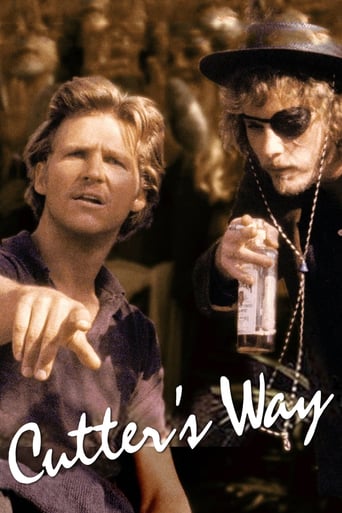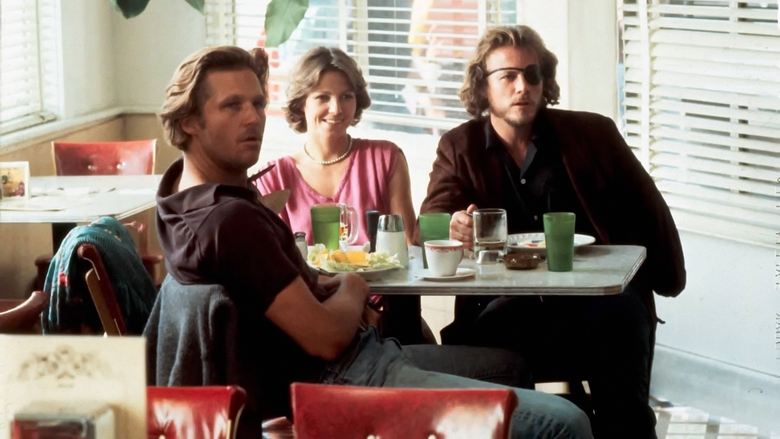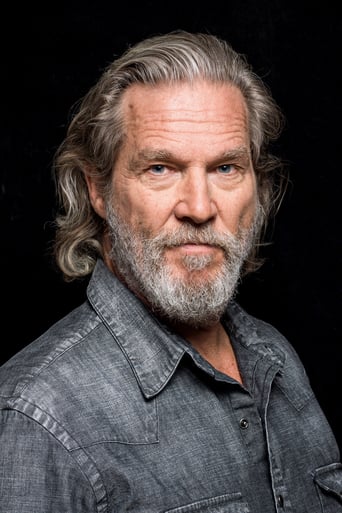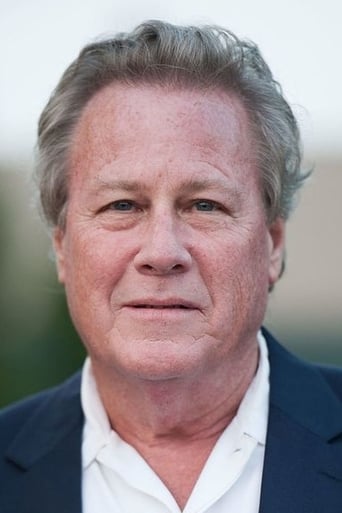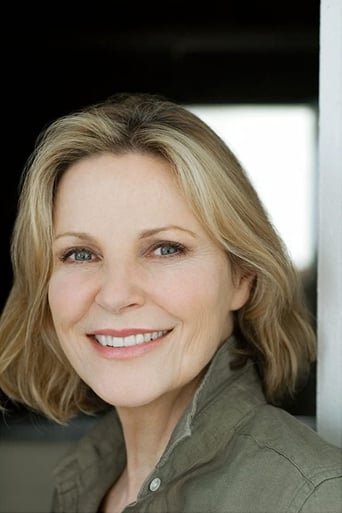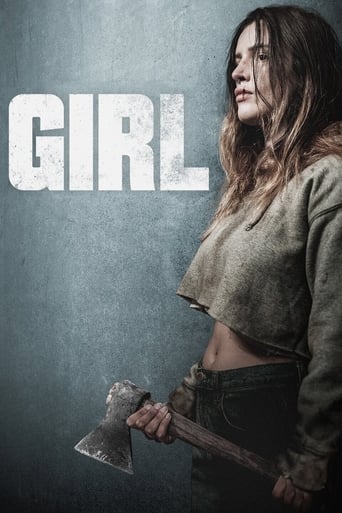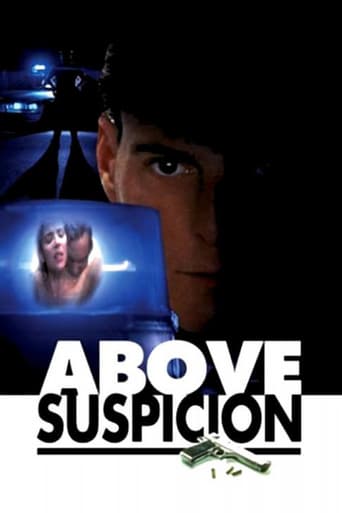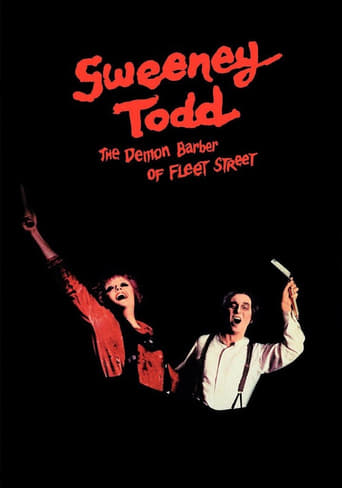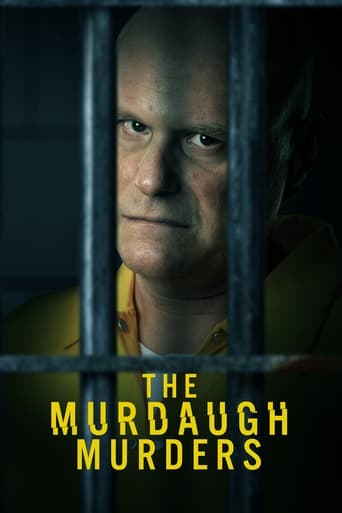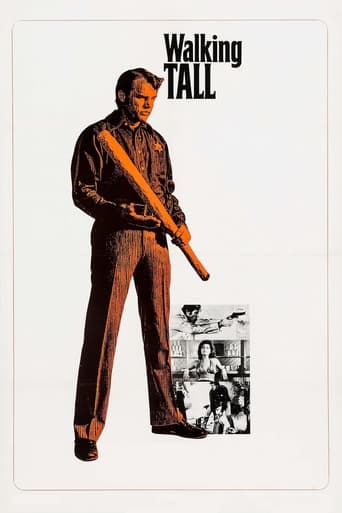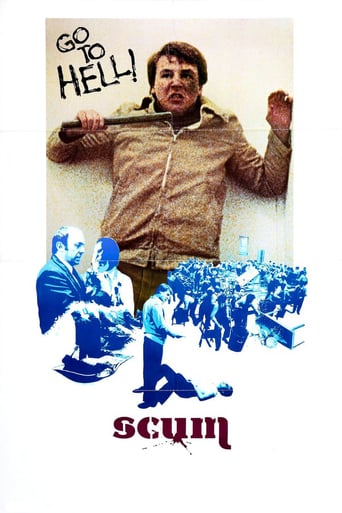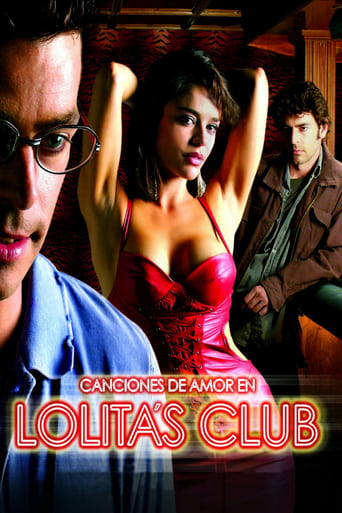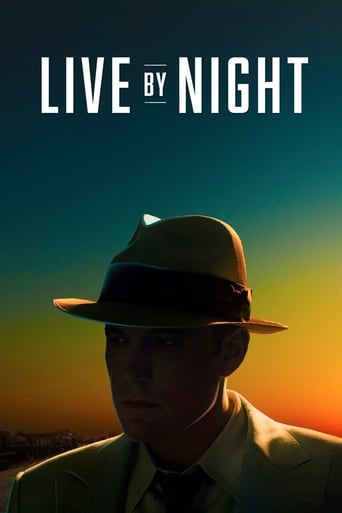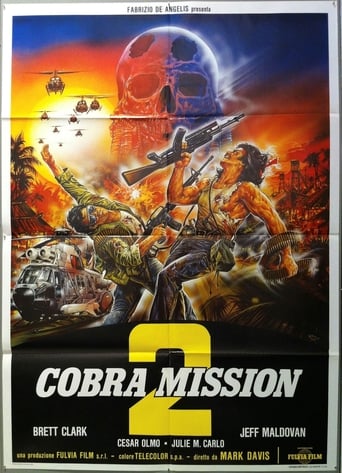Cutter's Way (1981)
Richard spots a man dumping a body, and decides to expose the man he thinks is the culprit with his friend Alex Cutter.
Watch Trailer
Free Trial Channels
Cast


Similar titles
Reviews
Wonderfully offbeat film!
This is How Movies Should Be Made
Strictly average movie
Please don't spend money on this.
I think this movie is overrated, it's not at all "important". as some people seem to believe. It's not all bad though.I saw this in the theater when it originally came out and wasn't impressed much. The performances are fine, but there is something about it, even after seeing it probably six times over the years, that makes me not give a damn about it. Maybe it's just the general "downer" theme, I don't really know what it is. I'm not a young person who finds movies like "The Godfather" too slow, because they actually tell a story, but this movie seems way too long. Not worth watching again, I don't think I will suddenly say, "Wow, I missed that!", but worth watching at least once.
This film is a classic 'sleeper', to use film industry terminology, which became an unexpected success with audiences and developed a reputation which its distributors never anticipated. They reissued it under the above title to cater to this surprising market interest. The original title of the film was the same as that of the novel by Newton Thornburg (published in 1976), upon which the script was based, CUTTER AND BONE. Changing that was a good idea. Such a cutsie punning title may work for a book, but not a movie. (Richard Bone and Alex Cutter are the names of the two main characters, played by Jeff Bridges and John Heard respectively.) Heard plays a Viet Nam veteran who has come back from Nam missing an arm, a leg, and an eye. Bridges is his long-time friend, and they see each other constantly. Heard's wife Mo, subtly and excellently played by Lisa Eichhorn, has turned to sullen drink because of the collapse of her love life and the wild ravings of her husband, who is also becoming an alcoholic and gives constant demonstrations of rage by crazily smashing things (such as driving intentionally into his neighbour's parked car just for the hell of it, when half drunk). Bridges is a strangely passive and detached character who 'makes it with the ladies' and shows off his chest. These three misfits, or outcasts from normal society, live in a fantasy bubble of their own, the atmosphere of which is perfectly captured by the excellent direction by Czech director Ivan Passer. I would say that John Heard over-acts and Jeff Bridges under-acts. However, that strangely works, and maybe it was intentional. Certainly we end up really believing in John Heard as this character who will do anything. And indeed, as the amazing ending of the film shows, he really and truly will do anything. This film portrays a vivid streak of anarchy amongst these desperate people who are dragging out their lives together, and who end up having nothing to lose. That in a sense is a comment on the very large proportion of the American population (more now than then) who live in a state of hopelessness and despondency, utterly powerless to raise themselves up any ladder at all, as they watch rich acquaintances cavort at country clubs. The plot of the film concerns the mysterious murder of a 17 year-old girl by a powerful oil man, who eliminates those who get in his way without compunction. Heard's obsession with bringing him to justice results in his own wife being murdered by the man. The oil man represents 'the powerful', and Heard, as a tragically maimed veteran, perfectly represents 'the powerless', in this dark drama of retribution. It is disturbing in its wider implications, which is precisely what it was intended to be.
With its tremendous sense of time and place, its trio of disillusioned characters and an overriding atmosphere of despair and disaffection, "Cutter's Way" is a powerful and often poignant murder mystery in which paranoia, bitterness and cynicism are never far away.Richard Bone (Jeff Bridges) is driving through an alleyway one night when his car stalls and through the rain he sees a man dumping something into a trash can. The man then drives off at speed and after abandoning his broken down vehicle, Bone completes the rest of his journey on foot.On the following day, the body of a high school cheerleader is found in the alleyway and Bone becomes the chief suspect. After having been questioned by the police, he gets released and later joins his friend Alex Cutter (John Heard) at a street parade where he sees the man that he believes he saw in the alleyway the night before. Bone doesn't know who the man is but crippled Vietnam War veteran Cutter does and immediately wants to follow through on this lead.J.J.Cord (Stephen Elliott) is a powerful oil tycoon who Cutter has known about for many years. He's aware of some terrible things that he's done in the past and resentful of the fact that people like him don't seem to get punished for their crimes. Cutter learns that Cord's car was found burnt out on the night of the murder and the victim (who was sexually assaulted before being brutally murdered) was last seen near the hotel where Cord was attending a function. These pieces of information are enough to convince Cutter of Cord's guilt and he decides to try to expose him as the culprit.Cutter and the murdered girl's sister then devise a plan to blackmail Cord. Bone is reluctant to get involved but is eventually (against his better judgement) persuaded to help. The blackmailing scheme doesn't go as planned but Cutter continues with his efforts to bring Cord to justice right up until the movie's excellent conclusion.Cutter and Bone were part of a generation that, after the idealism of the 1960s , became deeply disenchanted in the 1970s. The ways in which the two men reacted to this situation, however, were quite different. Cutter had lost a leg, an eye and part of one of his arms in the War and returned home angry and bitter and also full of hate for some of the powerful people in society (such as J.J.Cord) who never suffer in the same way that the veterans do. Cutter's ever present fury led to him becoming a volatile alcoholic who became obsessed with satisfying his overpowering need to take his revenge out on Cord who, in his eyes, was the very embodiment of evil and corruption.Bone by contrast worked as a yacht salesman and was a part time gigolo. His experiences had made him cynical and seriously apathetic. He no longer had any beliefs or commitment to anything and had no desire to challenge anyone with Cord's type of wealth and position.Cutter's wife Mo (Lisa Eichhorn) had seen her world collapse and had also responded by hitting the bottle. She was tolerant and understood the ferocity of her husband's feelings but her situation had also made her habitually depressed. She cared deeply for both Cutter and Bone but also felt that her existence had become directionless.The portrayals of Cutter, Bone and Mo are all exceptionally good and leave a lasting impression. Ultimately, it's the performances by Heard, Bridges and Eichhorn and their memorable characters who are so redolent of the time in which they existed, that make this movie a work of considerable substance.
Most people seem to misinterpret this film as some kind of hippie, leftist, pacifist statement. The truth is that this film is about the need to take action -- sometimes violent action -- in the face of evil, even when that evil is sometimes ambiguous (like communism in the 60's, or Islamic extremism today).Yes, the move reflects the uncertainty and doubt of the 60's and 70's (despite being made in 1980). And the main character (Bridges/Bones) is filled with that self-doubt prevalent at that time. However, note that he "grows up" at the end, as encouraged by Cutter, by taking violent action against an actor he knows to be evil, even if his responsibility for a specific crime is somewhat unclear.In the end, the film is therefore a statement about America's need to grow up and accept responsibility as the leader of the free/democratic world, even when that means making painful and difficult choices, or sacrificing. This understanding, of course, was generally accepted later in the 80's and 90's, as the U.S. grew out of it's 60's/70's adolescent angst, and resumed the mantle of global leadership.Sadly, many even today want to shirk or ignore that responsibility, as western civilization and enlightenment values are threatened by lunatics in the middle east, north Korea, etc. A viewing of this film might help them realize that weakness and vacillation in the face of evil is in no way a morally superior philosophy, and is rather simply the abdication of responsibility towards others. Such abdication, as in the 30's, generally only leads to greater suffering for ourselves as well as others, and is therefore probably best avoided.

